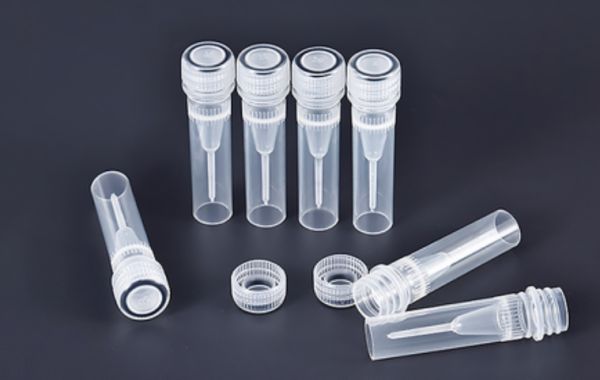In the realm of scientific research, the significance of experimental consumables cannot be overstated. These consumables, ranging from simple tubes to complex instruments, serve as the foundation upon which experiments are built. Among them, centrifugal test tubes emerge as indispensable tools, playing a pivotal role in various laboratory procedures.
Centrifugal test tubes are specifically designed to withstand the high centrifugal forces generated during centrifugation processes. Made from durable materials such as polypropylene or glass, these tubes offer exceptional strength and chemical resistance, ensuring the integrity of samples under extreme conditions. Their cylindrical shape and secure sealing mechanisms prevent sample leakage or contamination, guaranteeing reliable and reproducible experimental results.
One of the primary applications of centrifugal test tubes is in the isolation and purification of biological samples, such as DNA, RNA, proteins, and cell lysates. By subjecting samples to centrifugal forces, particles of different sizes and densities are efficiently separated, enabling researchers to isolate specific components for further analysis or experimentation. This process is essential in various fields, including molecular biology, biochemistry, and clinical diagnostics, where accurate sample preparation is paramount.
Furthermore, centrifugal test tubes find widespread use in drug discovery, pharmaceutical development, and biotechnology research. They facilitate the concentration and purification of biomolecules, the harvesting of cells or microorganisms, and the extraction of valuable compounds from complex mixtures. Their versatility and compatibility with automated systems streamline experimental workflows, accelerating the pace of scientific discovery and innovation.








